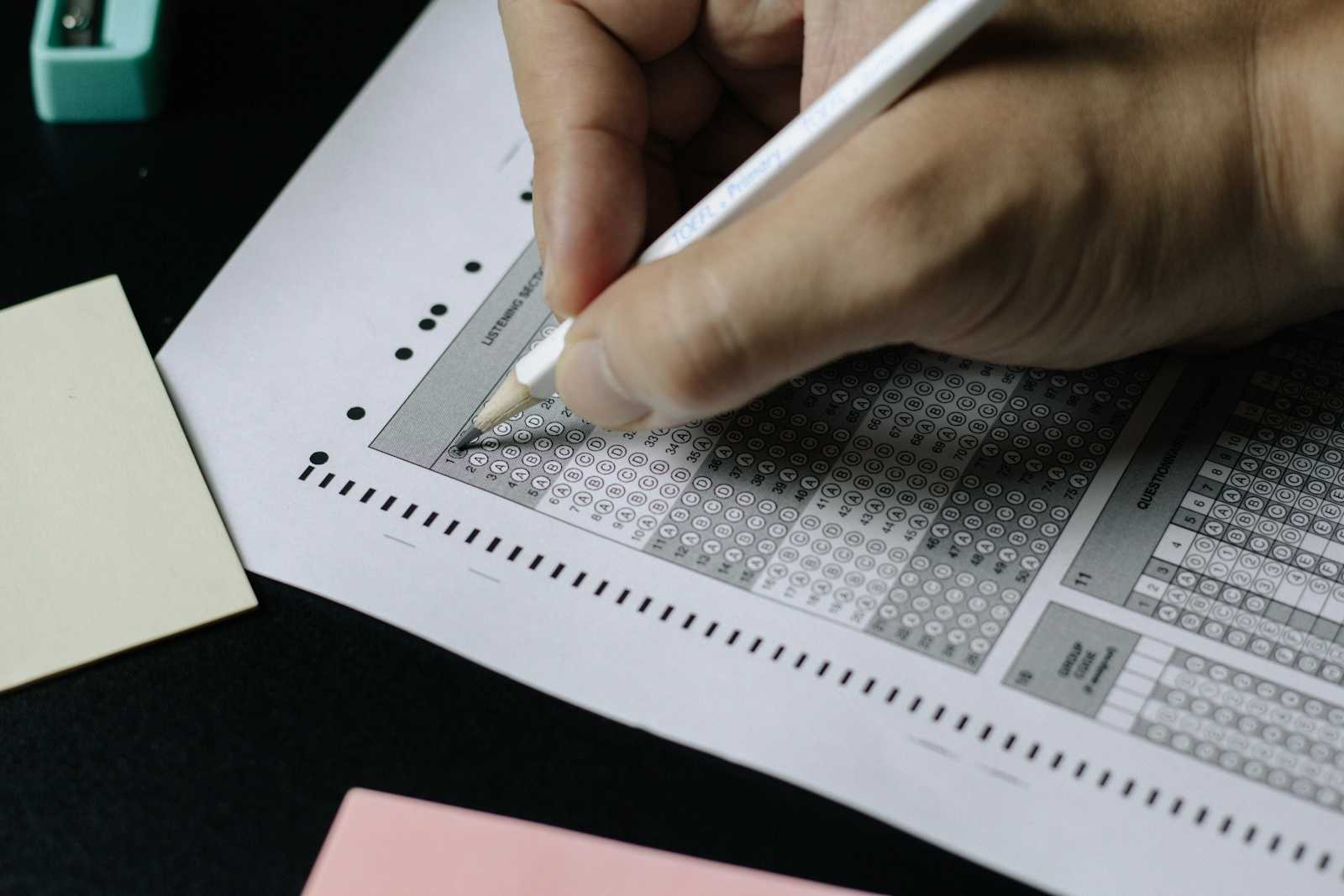The Quest for Compatibility: Do Tests Really Help?
 Market Orchid
Market Orchid
In the search for a harmonious relationship, whether romantic, platonic, or professional, people have often turned to compatibility tests as a guide. These tests, ranging from simple quizzes found in magazines to complex algorithms on dating websites, claim to offer insight into how well two individuals might mesh together. But the question remains: Are compatibility tests even useful?
At their core, compatibility tests are designed to measure how similar or complementary the traits and interests of two people are. The underlying assumption is that more commonalities or well-matched differences will lead to a more successful relationship. However, the effectiveness of these tests is a subject of debate among experts.
On one hand, some psychologists suggest that compatibility tests can provide valuable information about how individuals interact with each other. They can highlight shared values and beliefs, which are often strong indicators of long-term relationship success. Moreover, these tests can prompt discussions that might not occur organically, thereby deepening the understanding between parties.
On the other hand, critics argue that the results of compatibility tests can be overly simplistic and potentially misleading. Human relationships are complex and dynamic, influenced by a myriad of factors beyond what any test can measure. Additionally, the results can create false expectations, leading individuals to overlook potential red flags or to dismiss a potentially good match based on arbitrary criteria.
Furthermore, the reliability of these tests is frequently questioned. Many are not scientifically validated, relying instead on anecdotal evidence or the personal theories of their creators. Even those that are based on psychological research may not account for the nuances of individual personalities or the ways in which people can grow and adapt over time.
In conclusion, while compatibility tests can be fun and might offer some insights, they should not be the sole basis for judging the potential of a relationship. They are best used as a starting point for conversation and self-reflection rather than a definitive assessment of compatibility. Ultimately, the usefulness of these tests lies in the hands of the individuals who take them, and how they choose to interpret and act upon the results. Relationships are as unique as the individuals in them, and no test can fully encapsulate the human experience of connection.
Subscribe to my newsletter
Read articles from Market Orchid directly inside your inbox. Subscribe to the newsletter, and don't miss out.
Written by
